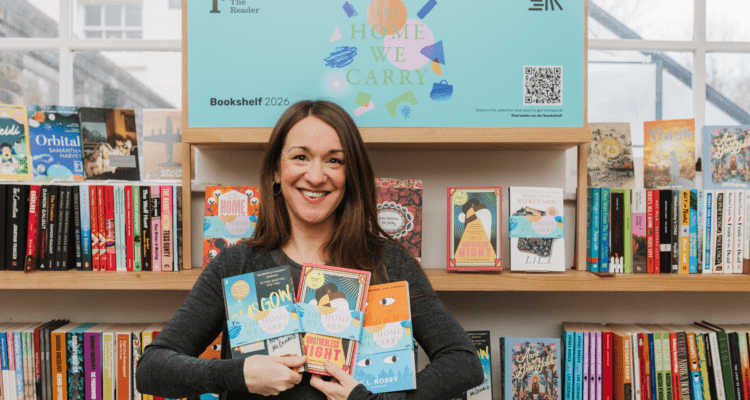World Alzheimer’s Day
From Amir Ali
Today is World Alzheimer’s Day. Alzheimer’s is one of the most common types of Dementia. According to the charity Alzheimer’s Disease International, Dementia affects approximately 35 million people worldwide. There are over 800,000 people suffering from some form of Dementia in the UK alone, a figure which is set to rise as our population ages.
Dementia can be defined as a set of symptoms including memory loss, mood changes, and problems with communication and reasoning. Importantly, it must be pointed out that Dementia is not a natural part of growing old. It is caused by diseases of the brain, the most common being Alzheimer’s.
Today marks the start of a three month long campaign run by the Alzheimer’s Society and the Department of Health to tackle Dementia, and follows David Cameron’s ‘Dementia Challenge’, a £3.2m campaign which aims to ‘transform the UK into a leading light of dementia care and research, by driving up diagnosis rates and increasing investment in research and raising the quality of dementia care.’
The Reader Organisation works extensively with older people and believes that a literature-based intervention can significantly reduce the  symptoms of dementia for sufferers.
symptoms of dementia for sufferers.
The Centre for Research into Reading, Information and Linguistic Systems at the University of Liverpool is engaged in research which highlights the Get Into Reading model as a way of improving the quality of life of those living with the disease. Their recent evaluation report, A Literature-Based Intervention for Older People Living with Dementia, concluded:
“In light of quantifiable data of limited but indicative status together with strongly supportive qualitative evidence, engagement in reading-group activity produced significant reduction in dementia symptom severity.”
Professor Philip Davis, Director of CRILS, states that “there are strong indications that the power of a literary language can both trigger relevant past experience and prompt fresh acts of thought.”
The Reader Organisation runs over 35 Get Into Reading groups in care home settings across the country, working in partnership with forward-thinking organisations such Alzheimer's Society and Bupa Care Services, along with local NHS Trusts and councils.
First hand testimonials combined with quantitative research from CRILS and other bodies are indicative of the success of the Get Into Reading model as a method for improving the quality of care for those suffering from Dementia in its many forms.
"The group gives the patients a sense of identity, of who they are, and being able to contribute to something, and there is a purpose there and that it is not connected to the hospital." Staff member, older people's hospital ward
"Enjoying reading poems definitely eases my mind" Service user
Visit our website to read the report in full and find out more about our Get Into Reading groups with older people.
Share
Related Articles

The Reader unveils new Bookshelf for 2026
The UK’s biggest Shared Reading charity today launches its 6th annual Reader Bookshelf - a carefully curated collection of stories, plays, and poems - at the start of the…

The Reader Cinema FAQ’s
If you were able to snap up tickets to our cinema programme, check below for any queries you might have…

The Reader unveils a new season of events for Christmas 2025 in Calderstones Park
A new family-friendly festive trail through Liverpool’s iconic park is back as part of The Reader’s Christmas programme with a…


